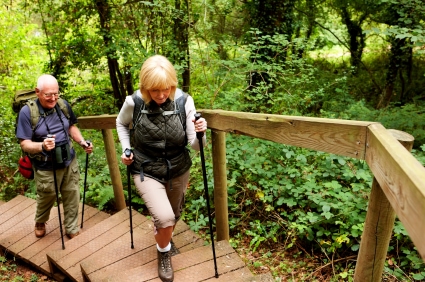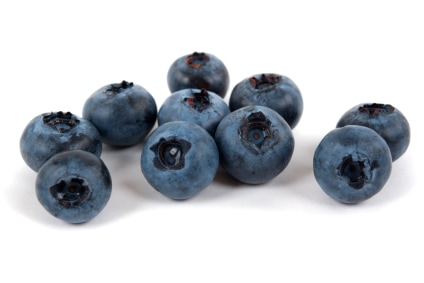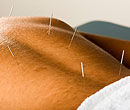1. Passionflower
While passionflower has long been considered a “folk remedy” for anxiety and insomnia, a few studies have shown that the herb may actually be comparable in effectiveness to benzodiazepine drugs, which are used to treat stress.
Passionflower is available in a variety of forms, including infusions, teas, liquid extracts and tinctures. It is not recommended for children or for women who are pregnant or nursing. Consult your health practitioner before adding it to your diet, especially if you are taking other medications.
Other herbs which calm are St. John’s wort, kava, oats, damiana, and chamomile. There are also some that reduce the effects of stress on the body, including Licorice, Siberian ginseng, rhodiola and withania. We never recommend self-prescribing, so please talk to your natural therapist about which herbs are best and safe for you to take.
2. Massage
Most of us think of massage as indulgence. But we have analysed our 40 studies on massage therapy and what we found is that there have been a group of benefits proven across all research papers:
- reduction in anxiety
- reduction in pain (immediate and delayed)
- reduction in depression
- reduction in stress hormone (cortisol)
- reduction in heart rate
- reduction in blood pressure
- increased circulation
- increased relaxation
- increased feelings of well being
Read more here.
3. Talk To Yourself
Affirmations are positive, self-affirming messages to self. In the case of stress, calming and positive messages are required. Try “All will be well”, or “I always cope, just breathe and relax”.
Whether it’s yoga, Tai Chi or running, exercise works much in the same way as meditation because it gives you the time to be alone with your thoughts (or an opportunity to let them go). However, exercise also has the added benefit of releasing endorphins into the brain, which improves your mood.
5. Organize Your Life
Organization offers a sense of control and peace of mind, and there’s a number of ways you can improve in this regard. If you’re the kind of person who’s always running around, it can help to make lists so that you remember everything. If you’re the kind of person who feels edgy in their own house, tidy up. Studies have shown the mere sight of clutter can put us on edge. For time-saving tips to reduce your stress load, click here.
It’s actually been proven that junk food can make us depressed so clean up your diet. Healthy foods like whole grains and protein can improve your mood and give you long-lasting energy to tackle everything that comes your way during the day. Foods that are especially effective for stress-busting include blueberries, salmon and almonds, according to research.
Also, put down that extra cup of coffee. While studies have shown that some coffee during the day can offer health benefits, too much caffeine will make you jittery and anxious, and eventually lead to a crash.
7. Limit Internet and Mobile Phone Use
Disconnect, disconnect, disconnect. Part of the problem with reducing stress is that we are never truly able to switch off from the world. By turning away from stimulation like the internet and our phones for a set amount of time each day, we can stop the pressure to “engage”, live in the moment and rest our thoughts.
It is particularly important to cut off electronic use before sleep, which can cut down on insomnia-related problems.
8. B Vitamins
B vitamins are known to promote proper functioning of the brain and nervous system, as well as help induce relaxation and fight fatigue. In fact, indicators of B deficiency include irritability, depression and apathy, so to stave off those symptoms, increase your intake of foods rich in B vitamins. B vitamins are typically found in the germ and bran of cereal grains, as well as beans, peas, nuts, liver, eggs and dairy products. Taking B vitamin supplements is also very useful, but they are not all of the same quality so be sure to talk to your health practitioner about the best ones to take.
Like massage, acupuncture causes the release of endorphins (your body’s ‘feel good’ hormones) as well as reduces cortisol (the body’s stress hormone). Acupuncture treatments include testing for stress and adrenal burn out reflexes on the abdomen and can be treated by using acupuncture points which calm and restore adrenal reserves.
10. Sleep
Sleep is the most important natural stress reducer of them all. Too little sleep leaves us cranky, irritable and on edge. Too much sleep can leave us sluggish and depressed. Try to find the right balance that allows you to feel well-rested and ready for the day. Promote better sleep by establishing bedtime rituals that signal to your brain that it’s time to fall asleep. We have a great list of tips for better sleep here.





